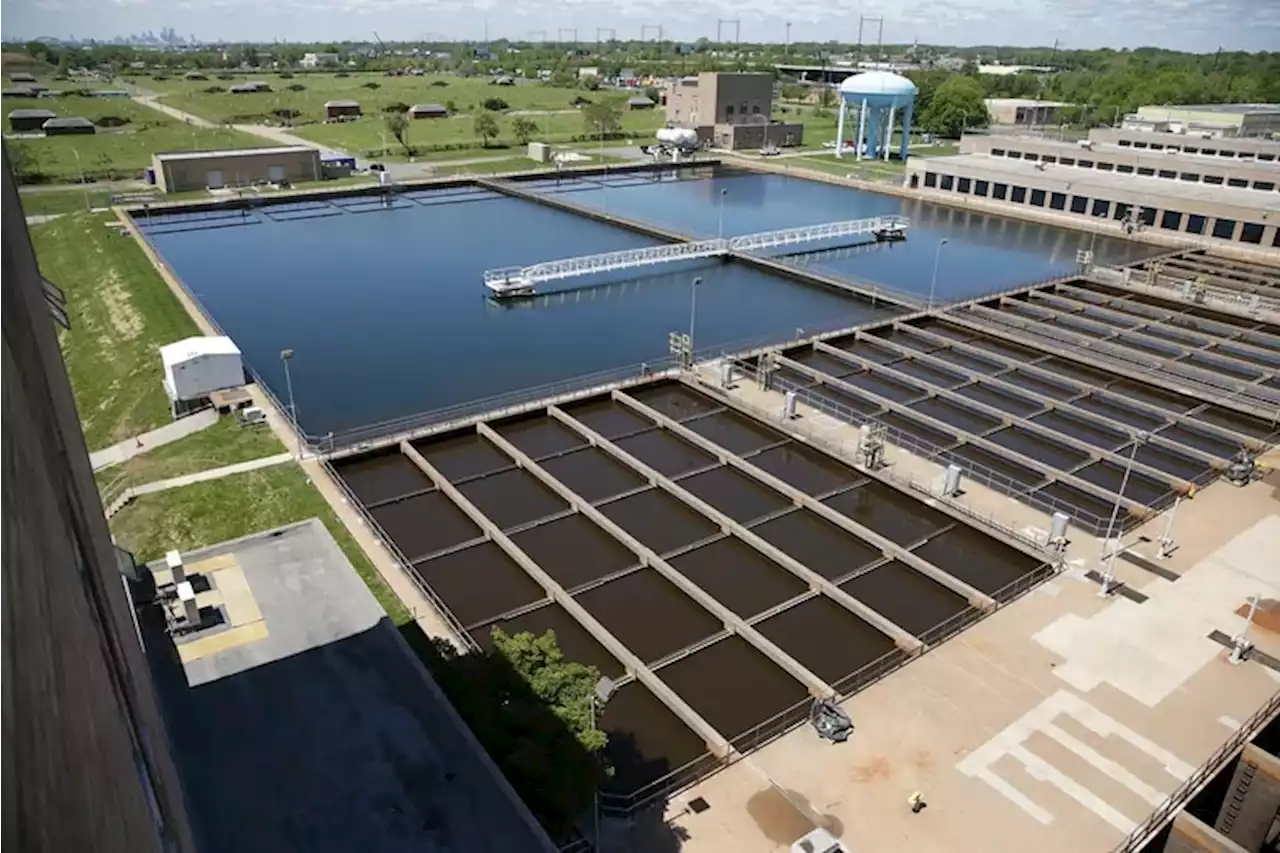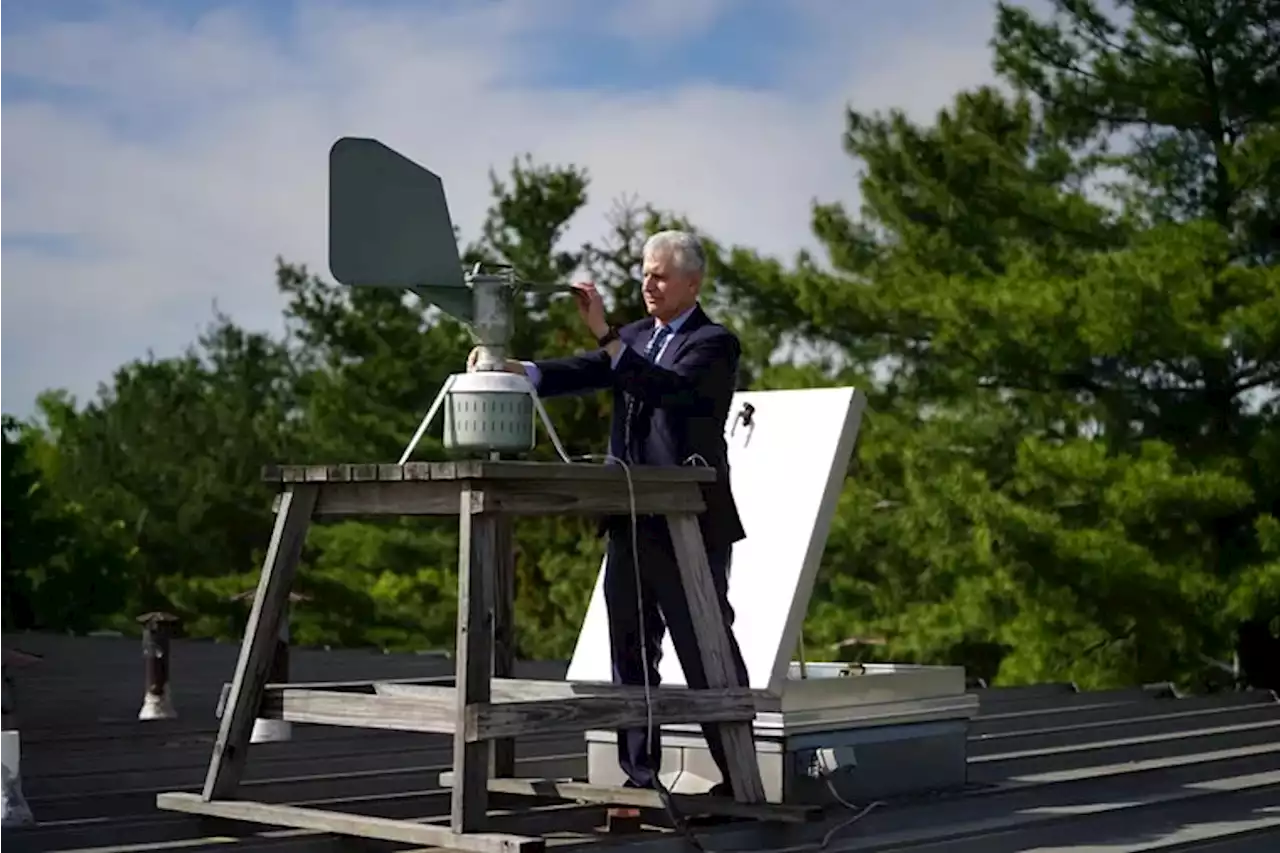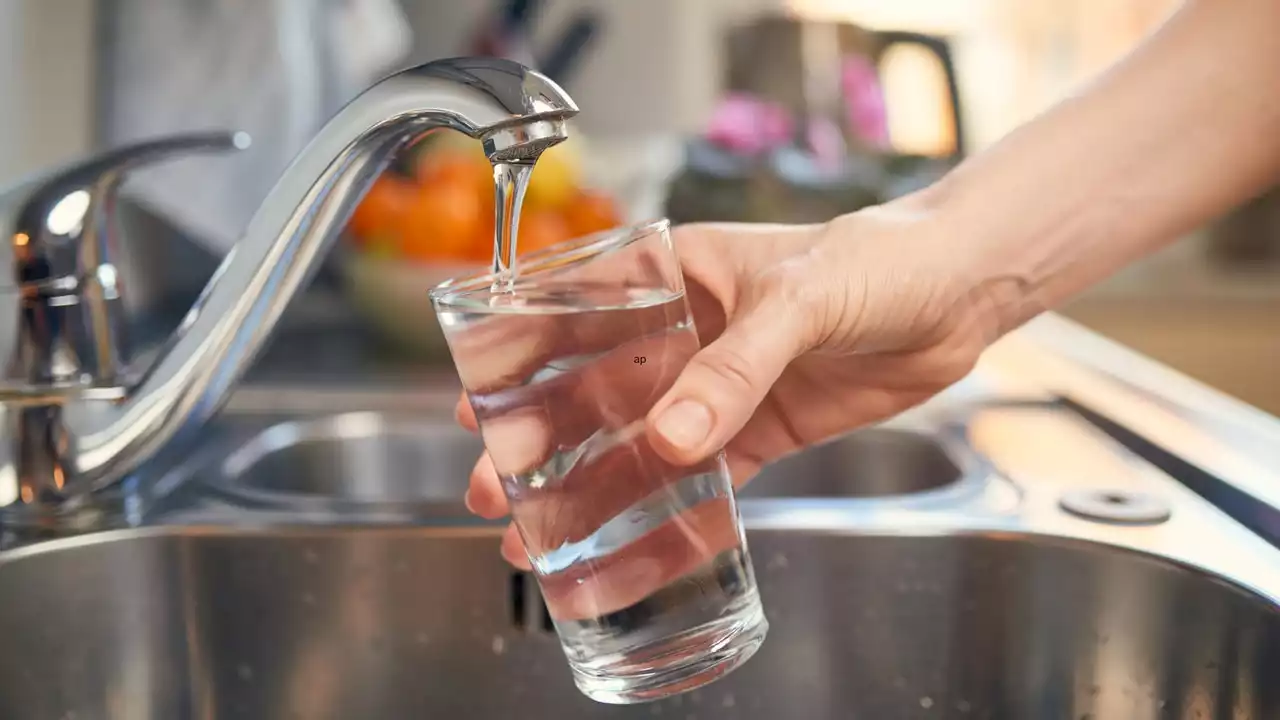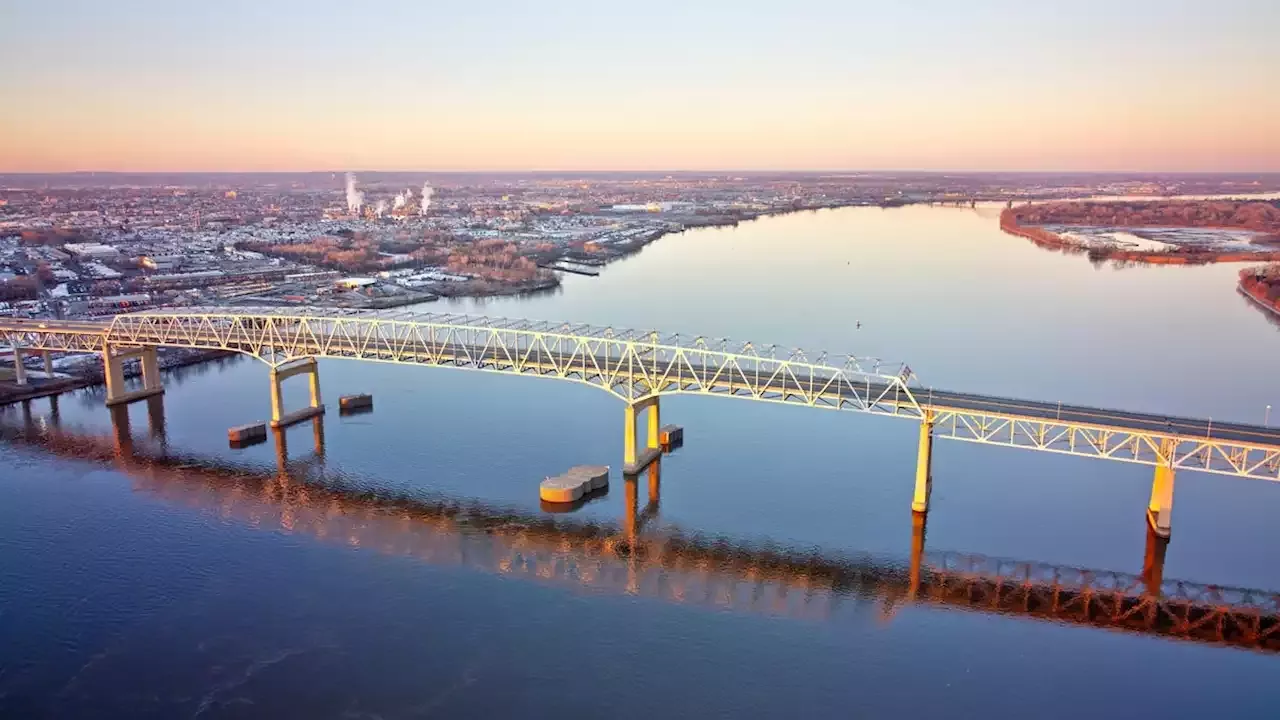More than 8,000 gallons of a latex chemical solution spilled into the Delaware River on Friday. So far, officials have said tap water remains safe to drink.
The chemicals are all known to be respiratory and skin irritants, above certain levels. However, less is known what impacts these chemicals have on human health when ingested, particularly with short-term exposure,
, a toxicologist and environmental health researcher at Johns Hopkins University, told Gizmodo by phone.The Environmental Protection Agency has established a reference dosage for one of the three compounds, methyl methacrylate, which is considered the safe threshold for regular exposure. Based on that EPA reference dosage , a person would need to ingest a lot of methyl methacrylate to experience adverse health effects.
Ingestion symptoms for all three chemicals may include abdominal pain, nausea, vomiting, and diarrhea, according to the National Institutes of Heath’s PubChem. Yet Nachman pointed out that the city of Philadelphia hasn’t released enough information to assess whether or not those are symptoms people could potentially face in the current scenario. To accurately assess risk, Nachman said he would need to know what level of each chemical is circulating in the river water, if any.
Yet even with the unknowns, he seemed optimistic that this spill likely won’t cause serious harm. Usually, health impacts of water pollution are assessed over the long term, Nachman explained. If any contamination does manage to enter the water supply, it is likely to be a less dangerous, short-term exposure, he said. “It may be the case that people are not exposed long enough for us to be concerned about drinking water.
Additionally, given the size of the spill, chemical concentrations in the water are likely to be very low. The 8,000+ gallons spilled is tiny, relative to the amount of water in the Delaware River as it passes through Philadelphia. For context, more than 1 million gallons flow through the waterway per second at
Australia Latest News, Australia Headlines
Similar News:You can also read news stories similar to this one that we have collected from other news sources.
 What we know about the chemicals raising concern about Philly’s drinking waterOfficials named three chemicals that were involved in the spill: butyl acrylate, ethyl acrylate, and methyl methacrylate.
What we know about the chemicals raising concern about Philly’s drinking waterOfficials named three chemicals that were involved in the spill: butyl acrylate, ethyl acrylate, and methyl methacrylate.
Read more »
 What to know about Philly drinking water after chemical spillPhiladelphia officials say that the city's water is safe to drink until at least midnight tonight after a chemical spill in the Delaware River.
What to know about Philly drinking water after chemical spillPhiladelphia officials say that the city's water is safe to drink until at least midnight tonight after a chemical spill in the Delaware River.
Read more »
 Philly residents advised to drink bottled water Sunday afternoon following chemical spill, officials sayPhiladelphia officials advised residents they may want to switch to bottled water Sunday afternoon to avoid ingesting chemicals spilled into a tributary of the Delaware River in Bucks County Friday night.
Philly residents advised to drink bottled water Sunday afternoon following chemical spill, officials sayPhiladelphia officials advised residents they may want to switch to bottled water Sunday afternoon to avoid ingesting chemicals spilled into a tributary of the Delaware River in Bucks County Friday night.
Read more »
 Tree pollen in Philly hits an ‘extreme’ levelThe snowless winter evidently is having some effect on the tree pollens this season. But what's behind the spike in allergy sufferers?
Tree pollen in Philly hits an ‘extreme’ levelThe snowless winter evidently is having some effect on the tree pollens this season. But what's behind the spike in allergy sufferers?
Read more »
 Philly residents advised to drink bottled water Sunday afternoon following chemical spill, officials sayWhile no contaminants have been found in Philadelphia's water system, 'we cannot be 100% certain there will not be traces of these chemicals in the tap water throughout the entire afternoon.'
Philly residents advised to drink bottled water Sunday afternoon following chemical spill, officials sayWhile no contaminants have been found in Philadelphia's water system, 'we cannot be 100% certain there will not be traces of these chemicals in the tap water throughout the entire afternoon.'
Read more »
